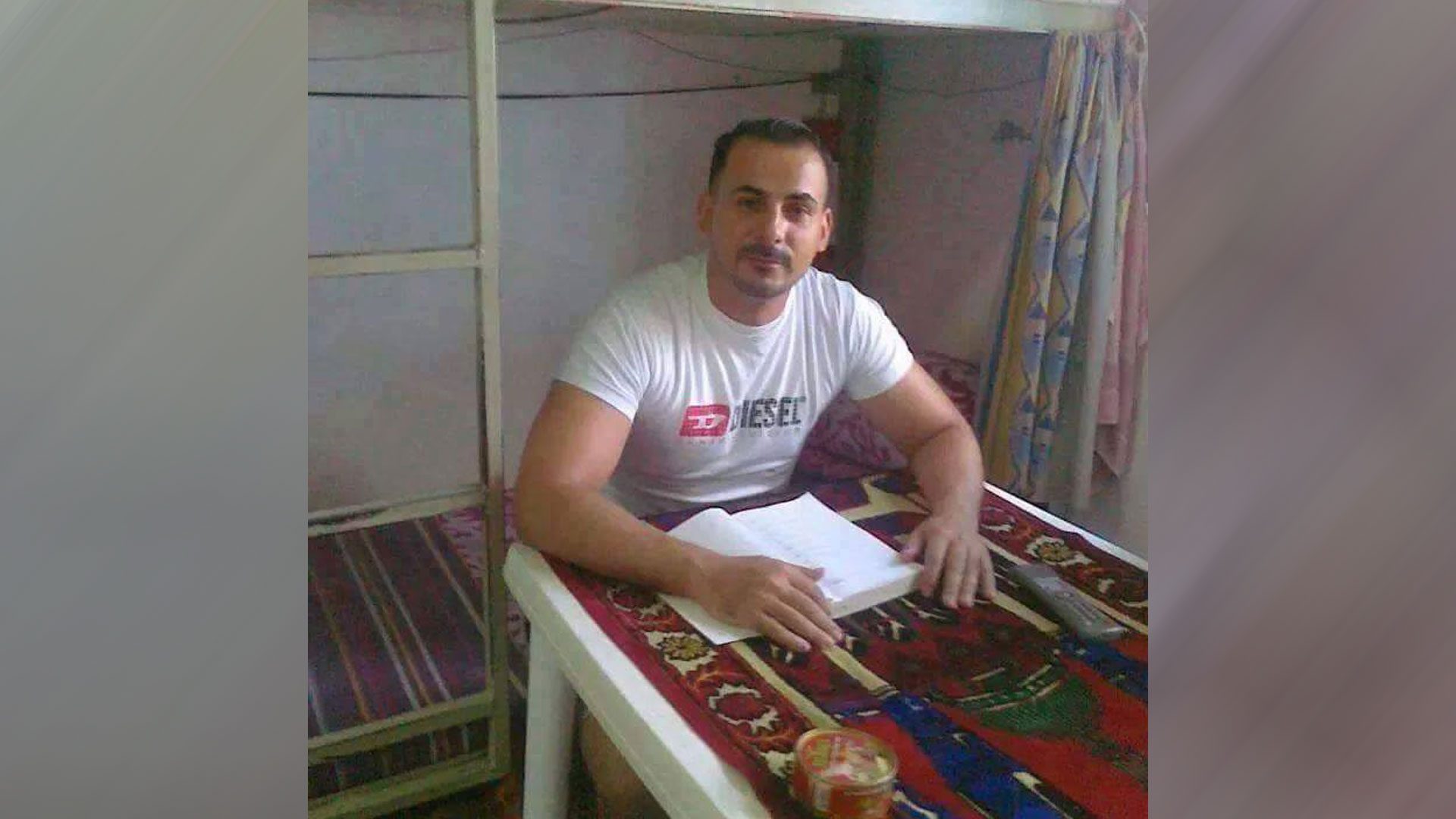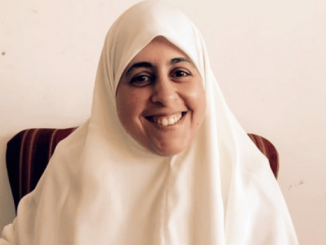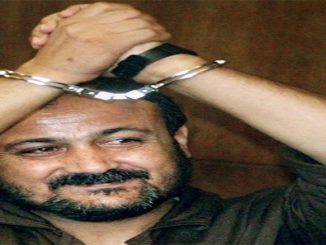
Multiple Palestinian prisoners continued their hunger strike Saturday in protest against their administrative detentions in Israeli prisons.
Bilal Kayed, who continued his hunger strike Saturday for the 46th day, which he began after he was transferred to administrative detention — Israel’s controversial policy of detaining primarily Palestinians without charge or trial — the day he was set to be released after completing a 14-year sentence.
Kayed has continued to reject taking any fluids or supplements, and will continue his strike until the administrative detention is removed. Sources said he is in a serious health condition, and has lost over 30 kilograms of weight.
Mahmoud Kayed has appealed to the Red Cross to assume its responsibilities towards his brother Bilal, who has been on hunger strike for about 46 days in protest at his detention administratively in an Israeli jail.
Kayed said that the health condition of his brother Bilal has worsened seriously as a result of his prolonged hunger strike. He added that there are great fears over the life of his brother, especially since he already suffers from health problems.
According to the Palestine Prisoners’ Center, Kayed’s health has significantly deteriorated, saying he has lost nearly 90% of his ability to speak, and has become hard of hearing.
The center said in a statement that Kayed has been held in Israel’s Barzilai Medical Center in Ashkelon for days, where he remained handcuffed to his bed despite his bad health conditions.
Following a sharp decline in his health on the 33rd day of his hunger strike, Bilal Kayed was transferred from an isolation cell in Ashkelon prison to Barzilai Hospital, where he has been under intensive security surveillance, with his right hand and left foot shackled to the bed.
Also worsened by his hunger strike, were Kayed’s kidney and joint problems which he suffered from before starting his strike, as he was reportedly assaulted and medically neglected during 14-and-a-half years in Israeli prisons.
Kayed was scheduled for release after he completed his 14.5-year prison term last June 13, but instead he was ordered to six months in administrative detention without indictment or trial.
Rights groups have claimed that Israel’s administrative detention policy has been used as an attempt to disrupt Palestinian political processes, notably targeting Palestinian politicians, activists, and journalists.
Although Israeli authorities claim the withholding of evidence during administrative detention is essential for state security concerns, rights groups have instead claimed the policy allows Israeli authorities to hold Palestinians for an indefinite period of time without showing any evidence that could justify their detentions.
Israel considers the majority of Palestinian political parties to be “terrorist organizations.” As a result, most Palestinians who participate in the political arena in the occupied Palestinian territory risk being imprisoned by Israeli authorities.
According to Addameer, there are currently 7,000 Palestinians held in Israeli prisons, 715 of whom are held under Israel’s policy of administrative detention.



